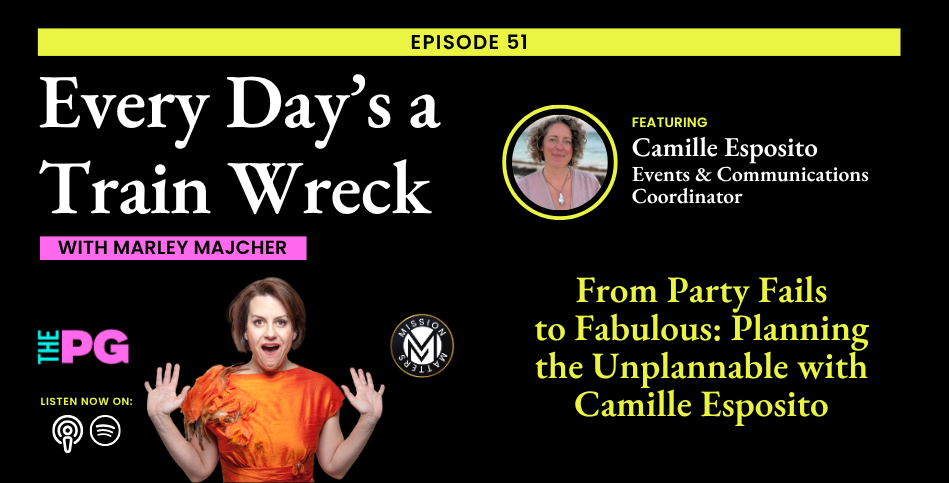Trouble Making 401(k) Employer Contributions?
If your business has a 401(k) plan with automatic enrollment but is facing financial strain, you can use IRS relief to reduce or suspend employer contributions temporarily without terminating the plan. To qualify, you must meet specific hardship criteria and provide 30 days' notice to plan participants, giving them the option to adjust their contributions accordingly.

Blog content provided by Barbara Weltman, Publisher of Big Ideas for Small Business ®
If your company has a 401(k) plan that provides for automatic enrollment of your staff but you are now cash-strapped, don’t terminate the plan. Instead, use IRS-provided relief to reduce or suspend temporarily certain employer contributions and allow the plan to continue. The key to using this relief is providing notice to plan participants.
Here’s a list of important issues to make note of:
Eligibility. To use this relief, you must incur a substantial business hardship. Factors used to make this determination include operating at a loss, having substantial unemployment in your industry, experiencing depressed industry sales, and expecting to continue the plan if you get relief.
Relief. If your plan makes “employer matching” contributions, you can reduce or suspend contributions midyear if you are eligible. But so-called nonelective contributions must continue for the full 12-month plan year; they can be changed for the next plan year. However, the plan will become subject to top-heavy rules that can impact contributions for owners.
Notice. You must tell participants of your plans to reduce or suspend contributions; this change cannot be effective prior to 30 days after such notice. The reason: Participants must be given an opportunity to change their elective deferrals in light of the change in employer contributions.
Before you make any changes, discuss your situation with a tax and/or benefits advisor.



